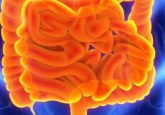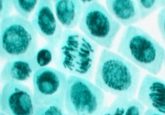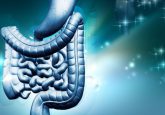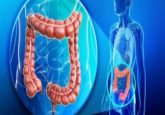New study further elucidates the link between intestinal microbes, diet and colorectal cancer
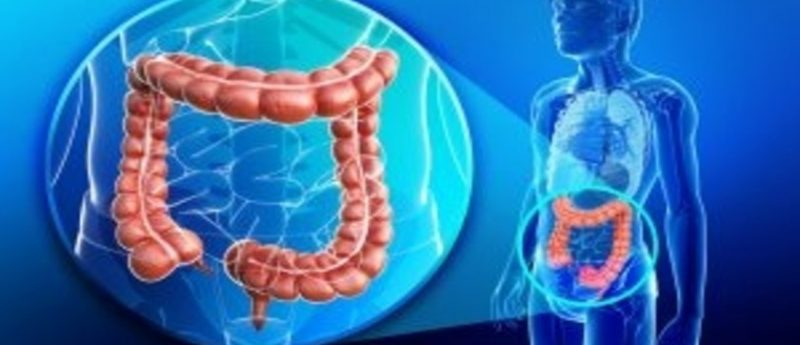
A new study, published recently in JAMA Oncology, has presented findings reporting that a certain type of bacteria in the large intestines could mediate the complex association between diet and some types of colorectal cancer.
The researchers focused on a specific bacterium, termed Fusobacterium nucleatem, which has previously been implicated in the development of colorectal cancer. They investigated whether the association of colorectal cancer risk with prudent diets, those high in whole grains and dietary fiber, varied with the presence of F. nucleatum in tumor tissue.
The group utilized the dietary records of 137,217 participants from the Nurses’ Health Study and Health Professionals Follow-up Study, some of whom developed colorectal cancer over the study period. The team examined over 1000 colorectal tumor samples for F. nucleatum and analyzed this in combination with dietary information.
They discovered that individuals on a prudent diet had a lower risk of developing colorectal cancer containing F. nucleatum. However, their risk for developing other types of colorectal cancer, negative for F. nucleatum, remained the same.
Author Andrew Chan, from Massachusetts General Hospital and Harvard Medical School (MA, USA), commented: “These data are among the first in humans that show a connection between long-term dietary intake and the bacteria in tumor tissue. This supports earlier studies that show some gut bacteria can directly cause the development of cancers in animals.”
The team suggested that a prudent diet may lower these risks by altering the balance of microorganisms within the large intestine, including F. nucleatum. This could therefore provide further evidence that the intestinal microbiome plays an important role in mediating the association between diet and colorectal cancers.
Author Shuji Ogino, from Dana-Farber Cancer Institute (MA, USA), concluded: “Our findings offer compelling evidence of the ability of diet to influence the risk of developing certain types of colorectal cancer by affecting the bacteria within the digestive tract.”
“Though our research dealt with only one type of bacteria, it points to a much broader phenomenon – that intestinal bacteria can act in concert with diet to reduce or increase the risk of certain types of colorectal cancer.”
Source: Mehta RS, Nishihara R, Cao Y et al. Association of dietary patterns with risk of colorectal cancer subtypes classified by Fusobacterium Nucleatum in tumor tissue, JAMA Oncol. doi:10.1001/jamaoncol.2016.6374 (2017) (Epub ahead of print) www.dana-farber.org/Newsroom/News-Releases/Study-tightens-connection-between-intestinal-microorganisms-diet-and-colorectal-cancer.aspx
